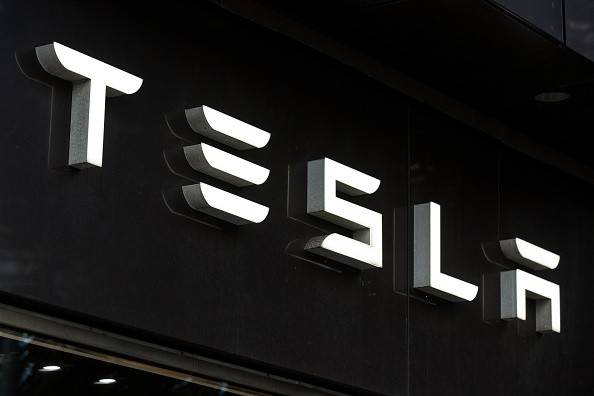
Nickel, a key component in batteries for EVs, has been extremely limited for manufacturing purposes since Russia's invasion of Ukraine. Several Russian sanctions have made acquiring valuable and expensive metals even more difficult (and more expensive) for those in desperate need of it for manufacturing.
Tesla has been among the most affected due to the nickel mining crisis, most expressed in repeated Tweets via the company's CEO, Elon Musk, who has consistently relayed the importance of nickel production. Musk and Tesla have been busy scrounging for new plays in the nickel mining field over the past year, brought on mostly by the ever-increasing need to enhance raw material supply chains.
A newly signed secret deal with a Canadian-based nickel mining corporation, Vale SA, may alleviate said concerns for the EV manufacturer. According to Bloomberg, as the agreement between Vale SA and Tesla has yet to be officially announced, the multi-year deal will see Tesla receiving said valuable nickel supplies from Canada as opposed to regions in and around Russia.
Related Article: Tesla EVs No Longer Have California Rebates Available, $2,000 Discount Void Due to Expensive Cars
In an earnings call made in 2020, the CEO relayed the intense need for more nickel output:
"Please min more nickel. Tesla will give you a giant contract for a long period of time if you mine nickel efficiently and in an environmentally sensitive way."
BloombergNEF highlights that nickel in the battery sector will grow exponentially into 2030, specifically from the current 400,745 tons to a whopping 1.5 million. Following Russia's invasion of Ukraine in late February, Class 1 nickel prices have leaped to a record 30% high. Russia is the world's foremost supplier of nickel, holding a 17% share of the world's capacity for refined material.
Any signs of the war slowing or stopping may allow prices to fall, but little in the way of movement on that front proves Tesla and all other assorted EV manufacturers, including even typical batteries, are in for a very expensive allocation process for the time being. Tesla operates a battery-cell plant alongside Panasonic Corp near Reno, Nevada, which aids in its own manufacturing of cells for its cars, but isn't enough.
Vale SA currently only operates with a 5% stake in the EV market, which it plans to exponentially grow over the next several years with the help of Tesla. The nickel miner expects to gain between 30% to 40% of sales interest in EVs. But, while incredibly important to the EV manufacturer, Vale isn't the only one lending its supply to Tesla.
Both Talon Metals Corp. and BHP Group both have signed deals with Tesla in the past few months. The former lent 75,000 metric tons of nickel to Tesla following a joint agreement made in January, while the latter has been supplying the company with its deposits in Australia. The EV manufacturer has yet another agreement with New Caledonia-based miners, proving its reach is quite substantial.
ⓒ 2025 TECHTIMES.com All rights reserved. Do not reproduce without permission.




